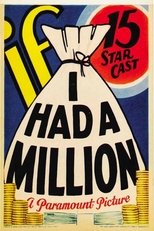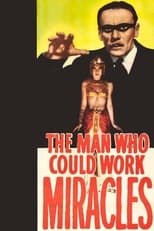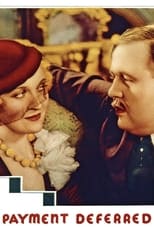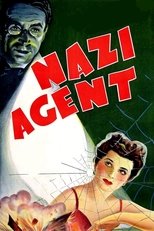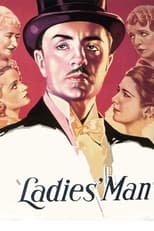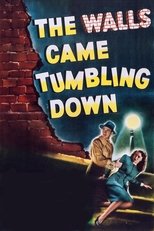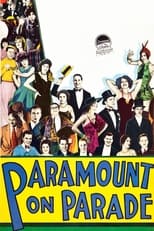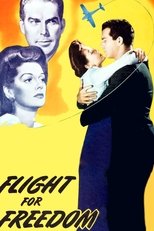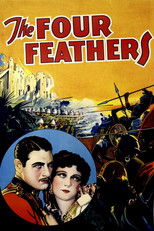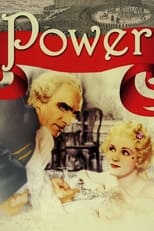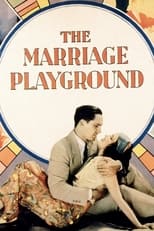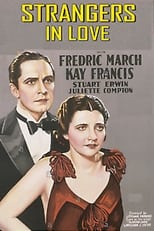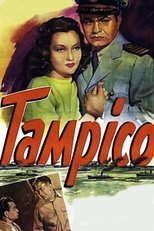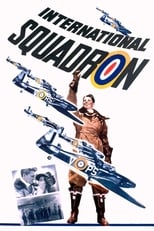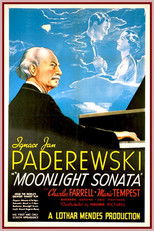Lothar Mendes
¿Quién es Lothar Mendes?
Lothar Mendes (19 May 1894 – 25 February 1974) was a German-born screenwriter and film director. who began his career as an actor in Vienna and Berlin in Max Reinhardt's famous troupe. He went to America in the early 1920s and there he remained until 1933, directing more than a dozen features, mostly frothy comedies, while under contract to Paramount. His films included the last silent film made in America, The Four Feathers (1929) and the murder mystery Payment Deferred (1933) starring British expatriate Charles Laughton.
After Hitler ascended to power, Mendes travelled to Britain in 1934 to work at Gaumont-British Pictures, directing films with Sir Michael Balcon producing. Under that banner, he directed Jew Süss (1934) starring one of Germany's most famous emigre actors, Conrad Veidt. Mendes' Jew Suss is not to be confused with the later Nazi film of the same title (1940) which is a Reich-made, virulently anti-Semitic film that deliberately contorted the exiled German-Jewish writer, Lion Feuchtwanger's original novel of the same name, on which Mendes' film was based. Mendes' 1934 film version of Feuchtwanger's novel received strong notices at the time, and was considered an important and early film in exposing the origins of the violent anti-semitism of the then-newly empowered Nazi Party; in particular, it was praised by Albert Einstein and the Jewish American leader, Rabbi Stephen Wise, who encouraged its distribution in America under the title Power, though the film itself did not attract an audience in Depression America.
In 1936, Mendes directed his best-known film, the H.G. Wells short story, The Man Who Could Work Miracles (1936) starring Sir Ralph Richardson, for which Wells himself co-wrote the adaptation. His last British film was Moonlight Sonata aka The Charmer and starred the aging piano legend Paderewski as himself; it's notable for containing rare performance footage of the legendary pianist, then in exile from his native Nazi-occupied Poland.
By 1941, Mendes had returned to Hollywood where he co-directed the pro-British International Squadron (1941), one of several films on the Eagle Squadron of American pilots who volunteered to fly in the Battle of Britain before the US entered the war. His last feature films were patriotic World War II fare with such stars as Rosalind Russell as a Navy reconnaissance pilot who must fly one more mission before getting married in Flight for Freedom (1943) and Edward G Robinson as a man who may or may not have married a spy in Tampico (1944). He retired from films in 1946, and the remaining decades of his life remain murky. "A competent, dependable director," comments film historian Larry Langman, "he never achieved the critical success in America that came to some of his compatriots."
Trabajos destacados
Géneros más habituales en las películas de Lothar Mendes
Series
Sin informaciónCompañeros de trabajo recientes de Lothar Mendes
Las imágenes y retratos de actores y actrices mostrados en este sitio web son obtenidos de la base de datos pública de The Movie Database (TMDb), utilizada bajo los términos y condiciones de dicha plataforma. En caso de que alguna imagen o fotografía sea incorrecta, ofensiva, o pueda infringir derechos de imagen o copyright, puede ser editada o eliminada directamente en TMDb. Esto provocará su eliminación automática en este sitio web. Adicionalmente, si usted desea solicitar la eliminación de una imagen directamente en nuestro sitio web, puede utilizar el formulario de contacto ubicado al pie de la página. Atenderemos su solicitud de manera expedita y tomaremos las medidas necesarias para garantizar el cumplimiento de los derechos aplicables.
The images and portraits of actors and actresses displayed on this website are sourced from the public database The Movie Database (TMDb), used in accordance with its terms and conditions. If any image or photograph is incorrect, offensive, or may infringe image rights or copyright, it can be edited or removed directly on TMDb. This will automatically result in its removal from this website. Additionally, if you wish to request the removal of an image directly from our website, you may use the contact form located at the bottom of the page. We will promptly address your request and take the necessary measures to ensure compliance with applicable rights.
